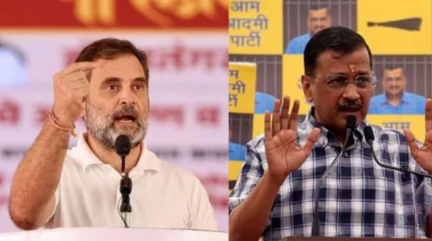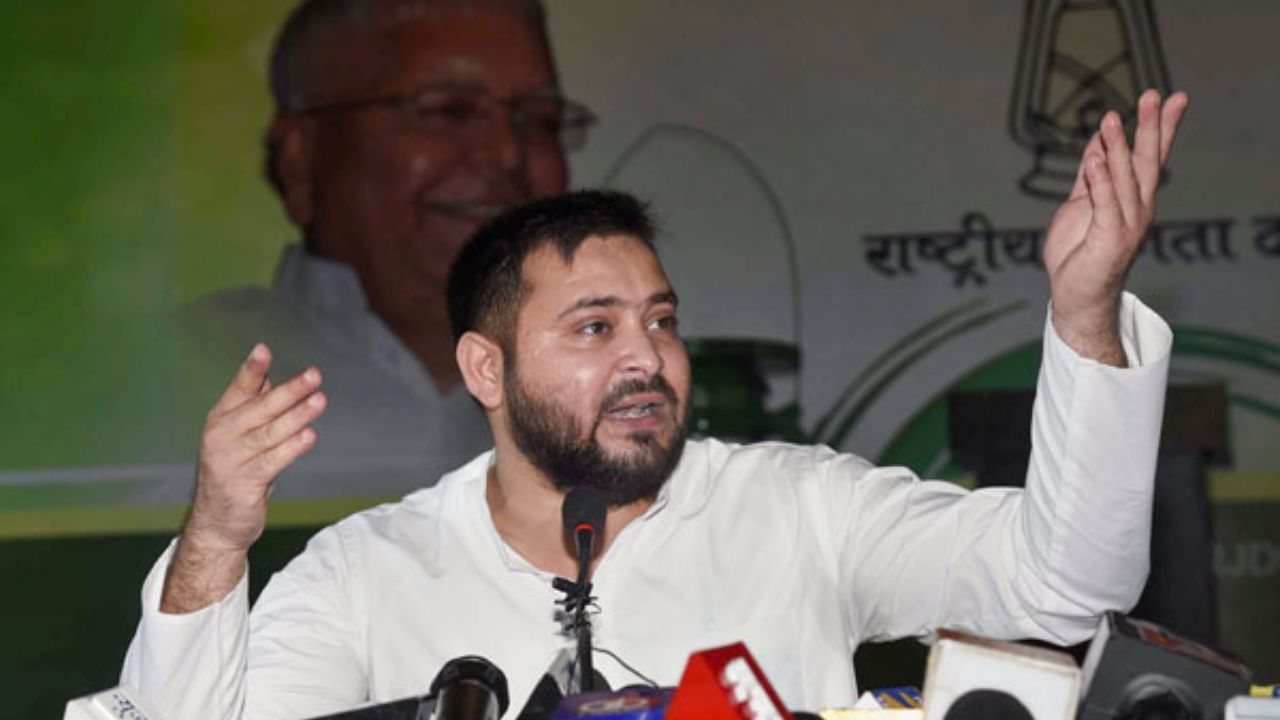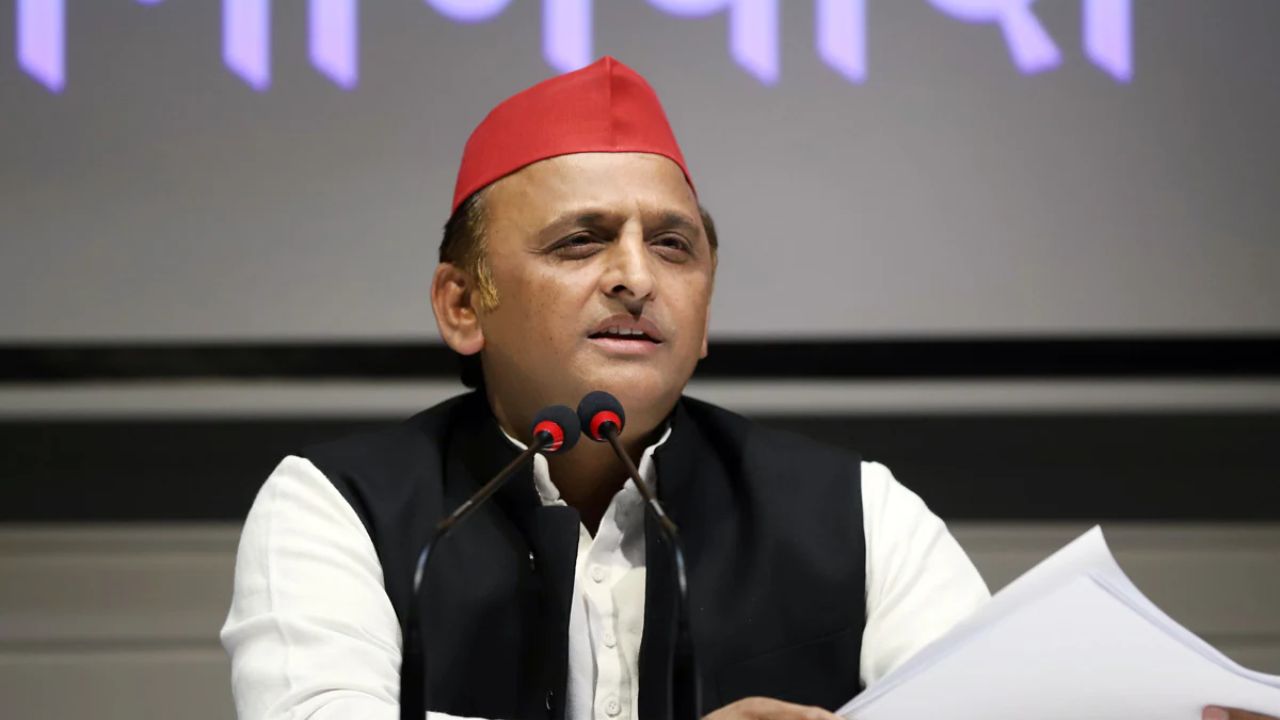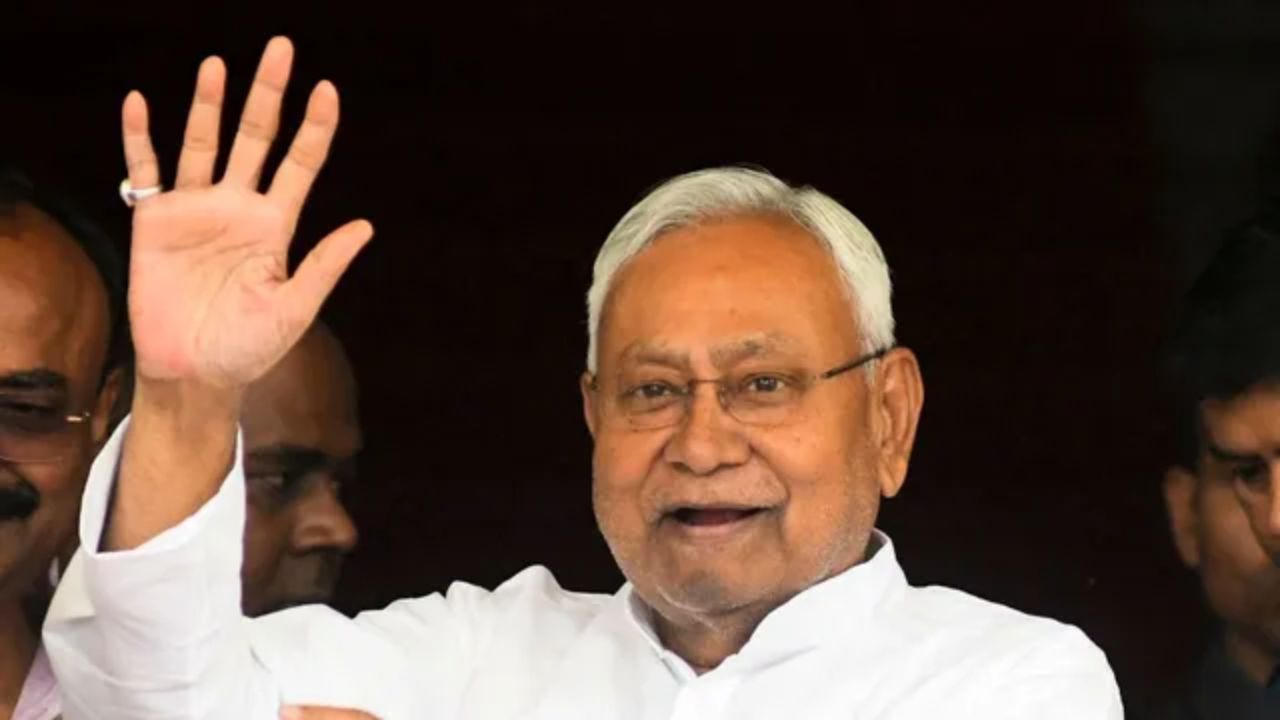Why AAP and Congress Couldn’t Reach a Deal for Haryana Polls
After intense negotiations and several rounds of discussions, talks between the Congress and the Aam Aadmi Party (AAP) for a seat-sharing agreement in the Haryana Assembly elections collapsed on Monday. This came as the AAP,

After intense negotiations and several rounds of discussions, talks between the Congress and the Aam Aadmi Party (AAP) for a seat-sharing agreement in the Haryana Assembly elections collapsed on Monday. This came as the AAP, led by Arvind Kejriwal, released its first list of 20 candidates.
Sources within the AAP suggest that an “influential Congress leader” may have undermined the alliance despite strong interest from Congress Leader of the Opposition Rahul Gandhi. Congress officials, however, point to disagreements over seat allocations as the main issue.
The Haryana Congress, particularly the faction led by Bhupinder Singh Hooda, has been resistant to partnering with the AAP. Gandhi had hoped to solidify the INDIA alliance by forming a coalition with the Kejriwal-led party, and there was also interest in including the Samajwadi Party by allocating one or two seats.
The breakdown in talks could affect future collaboration between the two parties, especially regarding the Delhi Assembly elections next year. Both AAP and Congress are expected to release additional candidate lists soon, indicating that an agreement may no longer be feasible.
AAP initially sought 10 to 15 seats but later reduced its demand to five to seven specific constituencies. The Congress, however, was reluctant to part with key seats such as Kalayat, Pehowa, Jind, Guhla, and Sohna, which the AAP was interested in. The Congress offered what AAP perceived as less competitive seats. Despite various proposals from AAP’s negotiators, an agreement could not be reached.
An AAP insider claimed that a “senior Congress leader” made certain seats non-negotiable, preventing a mutually agreeable deal. Pehowa, Kalayat, and Guhla are part of the Kurukshetra Lok Sabha constituency where AAP had performed well in the previous elections.
AAP sources also blamed “Delhi-based Congress leaders” for stalling the talks. The party plans to focus on candidates and leverage support from political rebels. The AAP’s first list included 12 seats where the Congress has already announced candidates.
As the nomination deadline approaches, AAP leaders express frustration over the missed opportunity for an alliance that could have benefited both parties by isolating the BJP. With the focus now shifting to their strategy in Haryana, the AAP remains determined to strengthen its presence in the state, which is strategically important given its location between Delhi and Punjab, where the party is in power.




